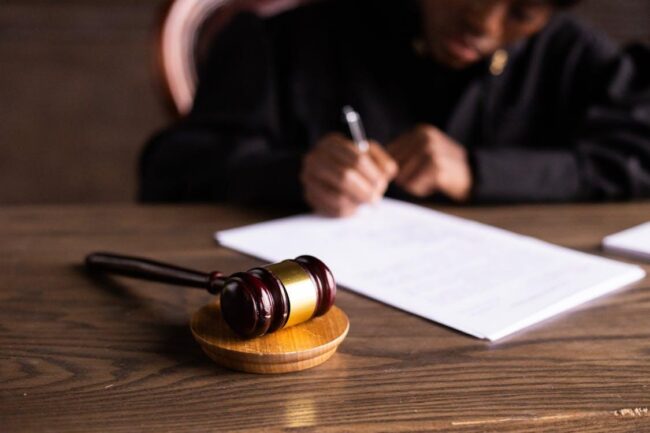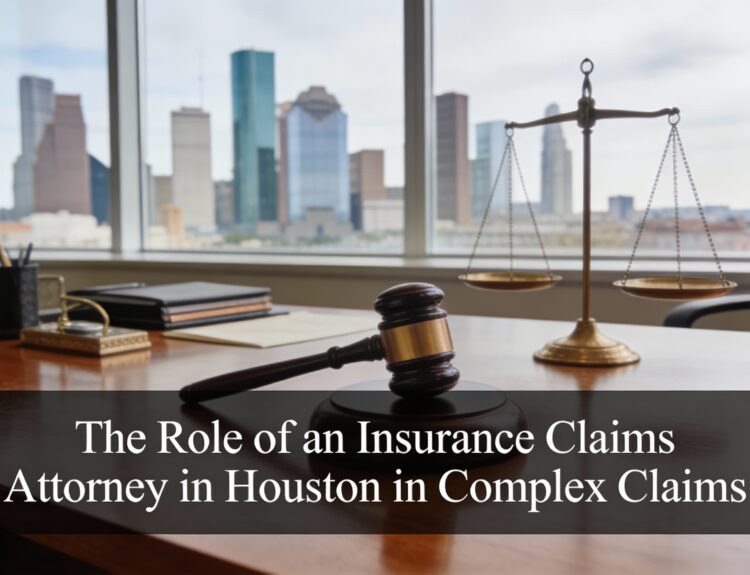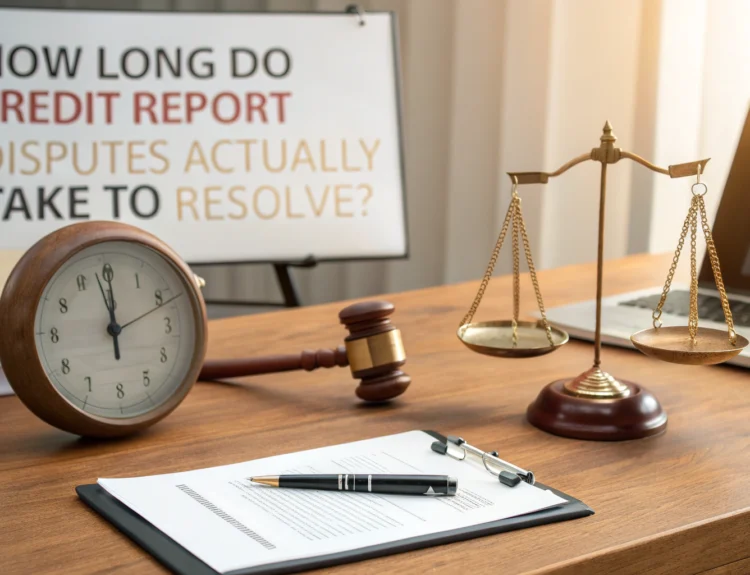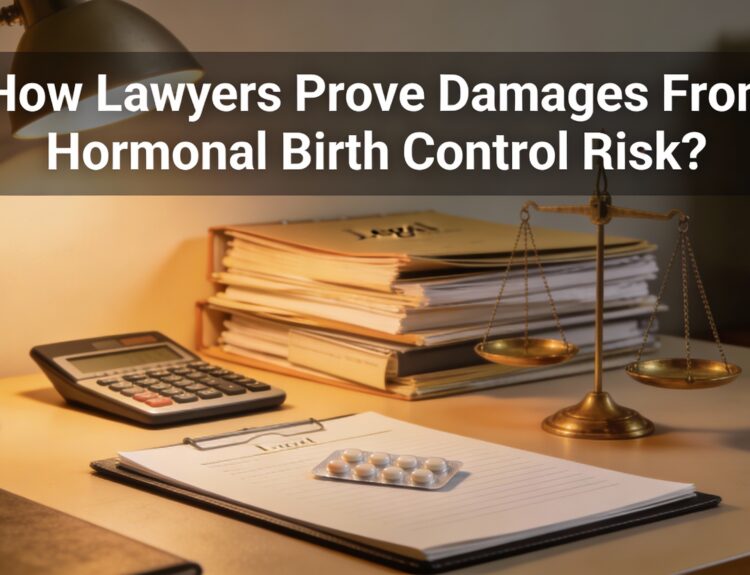When trusted professionals make serious mistakes, the fallout can be more than just inconvenient. A misstep by a contractor, accountant, or advisor may spiral into major financial or personal harm.
What happens when the people you rely on fall short of their responsibilities? How do you prove that a mistake went beyond poor service and into legal territory? Are there legal remedies when the damage is invisible at first but grows over time?
This article will explore when professional errors cross into liability and what options the law offers in response.
Contents
Breach of Professional Duty in Civil Law
Professionals are expected to meet standards tied to their specialized knowledge. When they fail, the law may treat it as a civil issue. Breach of duty involves falling short of reasonable professional expectations.
This can apply to doctors, engineers, lawyers, or certified consultants. FindLaw notes that proving someone owed a duty isn’t enough in a personal injury case. A lawyer must also show that the responsible party failed to act with reasonable care. Juries decide if that duty was breached based on the facts presented during the trial.
Courts look at whether accepted practices were followed during the service provided. Expert witnesses often explain what should have been done instead.
A successful claim must show duty, breach, and measurable harm. Remedies can include monetary awards or changes in the professional relationship. Some cases result in voided agreements or legal supervision of future conduct.
In shared responsibility cases, courts may apportion fault based on contribution to the error. A plaintiff can recover damages from one or all, depending on jurisdictional rules. Joint and several liability laws allow for flexible legal recovery in such situations.
Proving Harm When the Damage Is Not Obvious
Not all professional mistakes result in immediate or visible harm. Some errors unfold gradually over months or even years. Delayed impact can still support a civil claim in court.
Plaintiffs must connect the harm clearly to the professional’s action. This often involves timelines, expert opinions, and supporting documentation. Courts accept evidence that outlines the harm’s development over time. For example, Reuters states that in a 2024 case, Chinese tech firm Link Motion sued a global law firm for legal malpractice.
The firm allegedly mishandled a shareholder lawsuit years earlier, leading to major financial losses. Though the harm wasn’t immediate, the $180 million claim moved forward after a U.S. appeals court recognized the harm it caused over time.
Financial records and communication logs can strengthen these types of cases. The burden of proof rests with the person bringing the claim. Long-term damage still qualifies when clearly tied to professional negligence.
Can unnoticed harm restart a limitations period?
In many jurisdictions, the statute of limitations begins when harm is discovered, not when caused. This “discovery rule” helps plaintiffs pursue justice even when damage is delayed. Courts require evidence that the harm was not reasonably knowable at an earlier time.
Financial Loss as a Basis for Legal Action
Monetary harm is a common reason people sue trusted professionals. Losses must be specific, documented, and caused directly by the mistake. Errors like missed deadlines or mismanaged funds can trigger liability.
Courts examine whether better judgment could have prevented the financial damage. Plaintiffs may seek compensation equal to the value of what was lost. Contract breaches and careless advice often lead to these kinds of lawsuits. Punitive damages may apply when negligence is reckless or repeated.
For those unfamiliar with punitive damages, Justia highlights that it is extra monetary compensation awarded in civil cases to punish especially reckless behavior. They differ from compensatory damages, which cover losses like medical expenses. These damages are meant to stop repeat behavior and warn others against similar actions.
The law also considers the foreseeability of the damage caused. Evidence of negligence increases the chance of a successful claim.
Does tax advice carry special liability rules?
Yes, incorrect tax advice can lead to IRS penalties and additional scrutiny for the client. Courts often apply stricter standards to professionals licensed in specialized areas like taxation. Misinterpretation of tax law may lead to both financial penalties and professional sanctions.
When the Consequences Go Beyond Paperwork
Some professional mistakes cause physical harm instead of just financial loss. Misjudgments in high-stakes fields can result in lasting personal consequences. Healthcare errors, for example, may involve incorrect medications or delayed treatment decisions. Courts assess whether the provider met basic medical standards of care. Claimants must often rely on medical records and expert medical testimony.
Awards can include compensation for pain, suffering, and future medical expenses. Legal teams must show that the error was preventable with proper attention and care. These cases can be emotionally complex and legally demanding to pursue. Medical malpractice cases represent a clear example of such harm.
According to Lesser, Landy, Smith & Siegel, PLLC, these claims involve hospitals, private doctors, or clinics that breach professional expectations. When successful, they can lead to significant financial recovery for victims. State laws may cap certain damages, depending on the jurisdiction. Some cases also lead to professional discipline or the loss of a license.
It’s worth noting that medical errors are only one example of how trusted professionals can cause personal harm. Similar risks exist in other fields where flawed decisions impact physical safety or well-being.
Can professional mistakes impact child custody decisions?
Yes, flawed reports or testimony from professionals may wrongly influence family court rulings. Psychologists, evaluators, or social workers can be sued if their actions cause unjust custody outcomes. Courts may revise prior rulings and award damages if negligence is proven.
Licensed professionals are held to strict standards enforced by state or national regulatory boards. Their actions are evaluated through both legal and professional lenses, especially when mistakes lead to serious consequences.
A lawsuit filed against a licensed expert can trigger long-term impacts that go far beyond financial damages. In many cases, a complaint may also be submitted to a licensing authority alongside a legal claim.
For example, the American Heart Association mentions that malpractice settlements involving physicians must be reported to the National Practitioner Data Bank within 30 days. These reports also go to the state licensing board and may include license restrictions or penalties. Even if physicians dispute the claims, they face limited options to appeal and cannot challenge the case’s underlying merit.
Disciplinary action by licensing boards often follows or runs parallel to legal proceedings. While a malpractice settlement may trigger board review, regulators also examine whether professional standards were violated. Licensing history, prior complaints, and disciplinary records can be submitted as evidence in future legal or regulatory cases.
Do legal outcomes affect board reviews automatically?
Licensing boards often launch their own investigations regardless of court outcomes. Even if a civil or criminal case is dismissed, professionals may still face disciplinary action for ethical violations. These boards prioritize evaluating conduct against professional standards, not simply relying on legal rulings or verdicts.
Taking legal action for professional mistakes means gathering detailed evidence and building a strong case. The discovery rule helps victims when harm appears months or years after the error occurred. Still, proving a direct link between the mistake and the damage is essential.
Litigants need documentation, timelines, and expert insights to support their claims effectively. These cases often lead to reviews by licensing boards that assess professional conduct separately. Consequences can include losing a license or facing disciplinary action beyond financial penalties.




